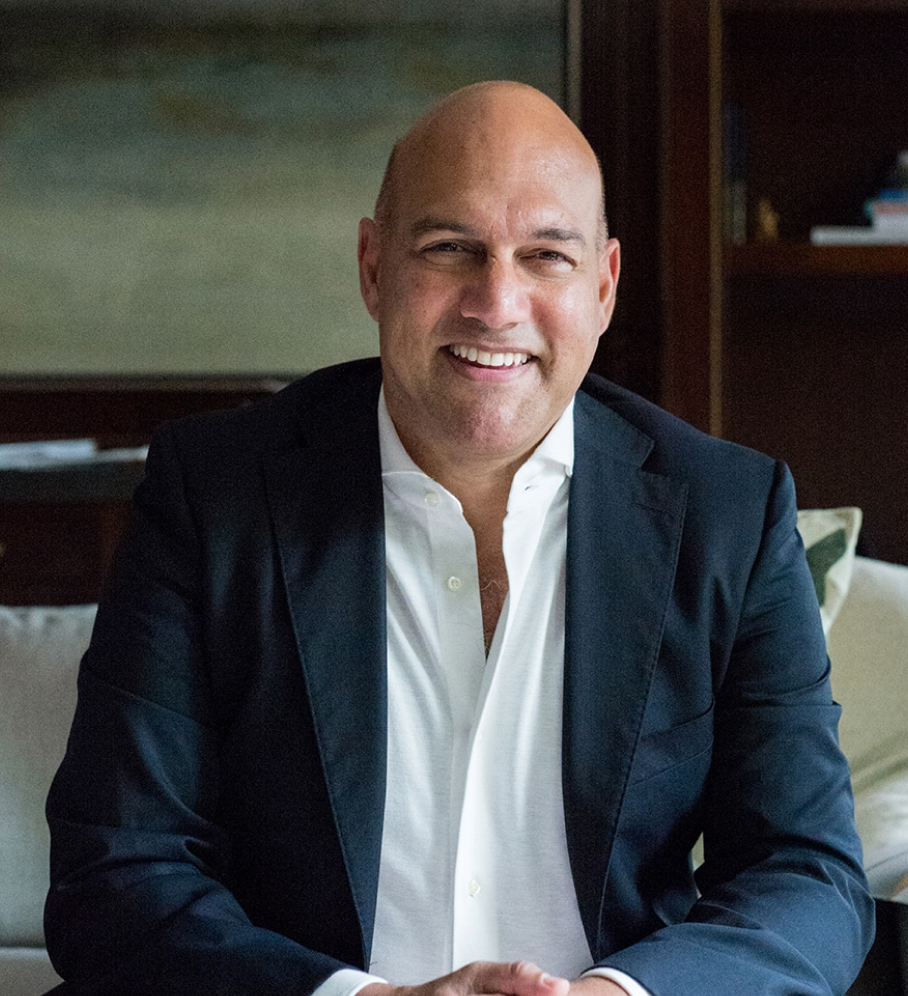Lesson 6. Smaller Beats Bigger
Early on in this book, we talked about Coase’s Law: that larger companies do better because they aggregate assets under one roof and, as a result, enjoy lower transaction costs. We declared it dead because the information revolution plus the ExO movement has negated the need to aggregate assets in the first place. Yet business schools still focus on the management and organization of extremely large corporations (there is still no MBA program in the world that can teach you how to build AirBnB). The same big-company focus is true for consulting firms—and Wall Street has gotten rich trading the stock of giant companies, which often merge to create even more gigantic organizations.
In the coming years, adaptability and agility will increasingly eclipse size and scale. We’ve already discussed Airbnb, which by leveraging its users’ existing assets, has achieved a valuation greater than the Hyatt Hotels chain worldwide.
Similarly, Lending Club, Bitcoin, Kickstarter, and RobinHood are forcing a radical rethinking of banking and venture capital. (No retail outlets are involved in these new financial tech startups. If you look at the new DeFi, or Decentralized Finance, world closely, you can see that retail banking will be severely threatened by the end of the decade.)
As Peter has often noted, one key advantage of a small team is that it has much less to lose than a large established organization and can therefore take on much bigger risks. As an example, we saw Vitalik Buterin and his seven co-founders create Ethereum, which peaked at a value of over half a trillion dollars. We’ll suggest that 99% of banking and finance executives would never have taken on the associated risk of failure and are utterly unable to digest the speed and magnitude of the value created.
In his May 2023 newsletter, Sriram Krishnan, a partner at Andreessen Horowitz, wrote:
The significance of smart people in small teams working on ambitious projects cannot be overstated.
OpenAI is a case in point. Even with over 300 employees, OpenAI continues to operate with the agility and spirit of a very small startup. Upon speaking to several folks who are familiar with OpenAI, I am genuinely impressed by the achievements they have accomplished with projects like DALL-E and ChatGPT, despite having a relatively small team of project contributors.
ChatGPT originated as a side project from a team of 2–4 individuals. Even after the initial launch, ChatGPT only required the continuous efforts of 4–5 individuals to ensure its ongoing maintenance and enhancement until recently when the team grew. One person spearheaded the development and subsequent launch of PlugIns.
DALL-E was brought to life by 2–3 individuals who were working on a side project. This side project eventually paved the way for the creation of DALL-E.
Even if these numbers are directionally correct, I am told that this was how OpenAI operated: small teams and individuals are given the opportunity to build and have an impact.
One might wonder what the long-term defensibility and moat are. There are ongoing debates. But there is one thing we know for sure: these folks can execute.
How big can an ExO get? We hear this fundamental question regularly. The last few years have given us a clear indication that, when successful, ExOs will build on the leverage created by their externalities and turn into platforms that then turn into ecosystems.They will wire themselves into the infrastructure and start enabling other ExOs to emerge from and operate off of those platforms.
Perhaps the earliest example of this platform/ecosystem model was Google. Its search prowess allowed it to scale quickly. Once the company hit critical mass, the AdWords platform enabled self-provisioning advertising platforms from which other companies could grow. Google, in turn, took its share by taxing that growth. When the company got too big, it broke itself into smaller, integrated pieces and today we have Alphabet.
Facebook was also successful at becoming a platform, relying on its extraordinary market penetration and knowledge about its users to spawn such ExOs as Zynga and acquisitions like Instagram and WhatsApp. Amazon is another success story, as is Apple’s App Store ecosystem, which is probably the clearest example of an ExO product becoming an ecosystem. It’s one big coral reef.
MySpace and Friendster, on the other hand, failed to become platforms, as did Yahoo, Nokia, and Blackberry. All of those companies are dead.
For example, as Uber scales, it is helping its drivers buy cars. Uber today is a platform with a critical mass of drivers, which allows it to move horizontally and offer new services: postal, gift, grocery, and food delivery, as well as limousine and even medical services.
Now that the information asteroid of digitization, dematerialization, demonetization, and democratization has hit, the global economy has changed forever. The era of traditional, hierarchical market domination by old-breed (aka “dinosaur”) companies is coming to an end. As one can see from the many examples in this book, the world now belongs to smarter, smaller, and faster-moving enterprises. This is certainly true now for information-based industries, and it will soon be true for more traditional industries as well. In the Fortune 100 Analysis of the top 10 ExOs vs. the bottom 10 ExOs, notice how much better the top 10 did during the pandemic. This same transformation will occur in non-profits and, finally, public-sector organizations. Who knows? We might finally see the advent of small government.
Join Our ExO Community - Unlock Exponential Growth!
Traditional growth models risk obsolescence. Learn how to become an Exponential Organization (ExO) and drive innovation with disruptive technologies. Sign up now!
Organizations implementing the formula have delivered over
- ⭐ 6.8x high profitability
- ⭐ 40x higher shareholder returns
- ⭐ 11.7x better asset turnover
- ⭐ 2.6x better revenue growth






